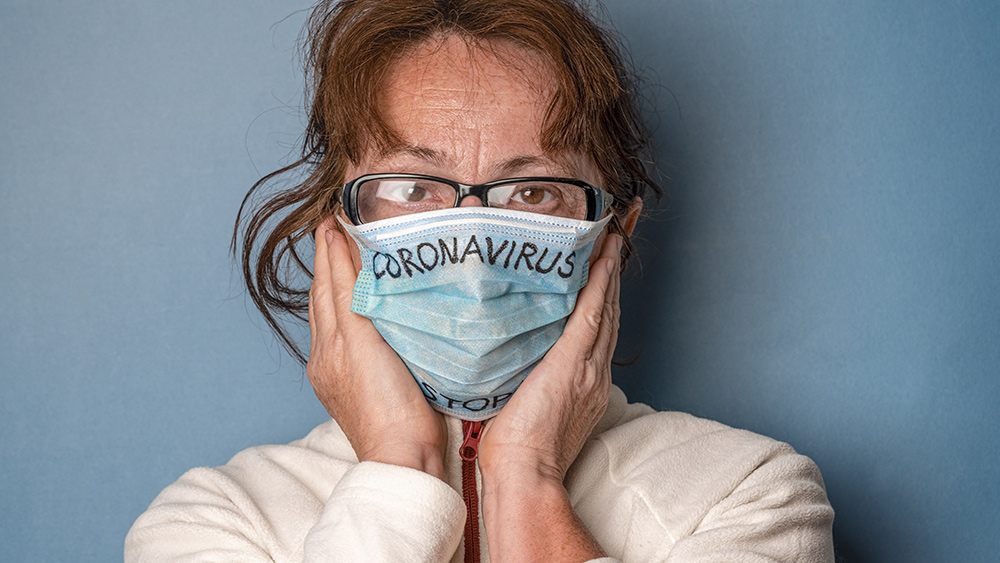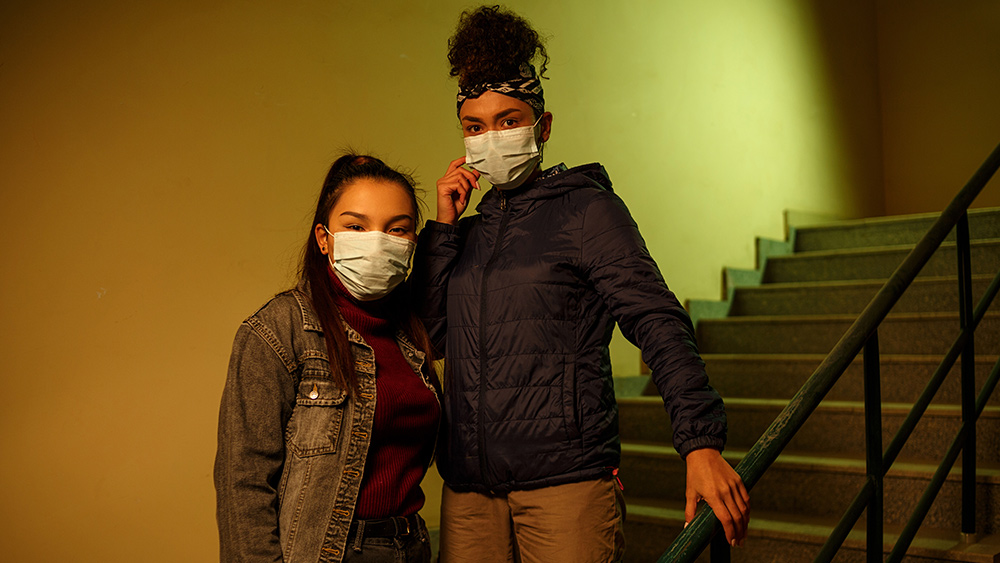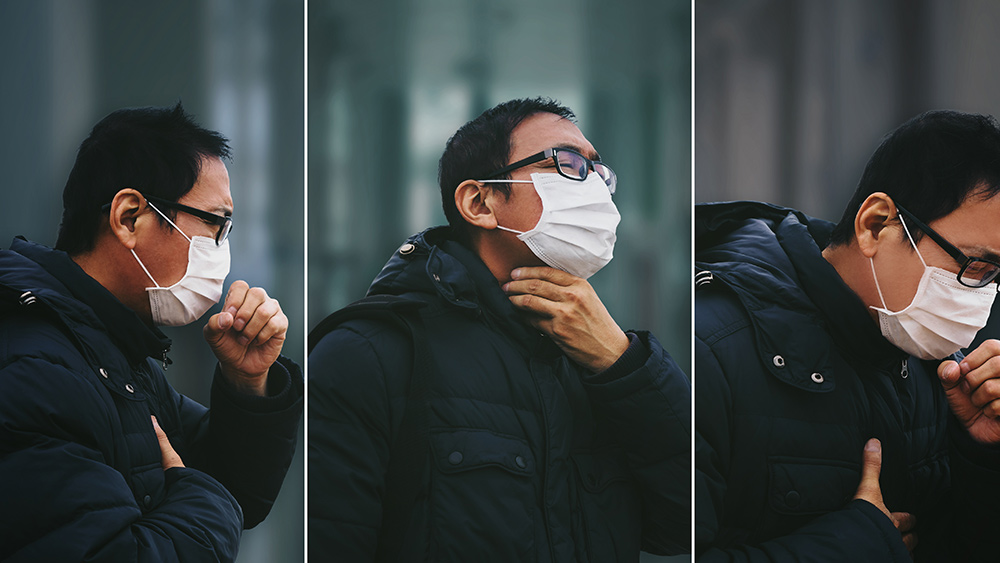CDC finally reports “possible outbreak” of the coronavirus, urges Americans to prepare to deal with a community spread
03/03/2020 / By Evangelyn Rodriguez

The novel coronavirus that originated in Wuhan, China has spread in other countries at an alarming rate. Now, health officials are urging Americans to prepare for the possibility of an outbreak as the number of COVID-19 cases in the U.S. begins to rise.
Just last week, the Centers for Disease Control and Prevention (CDC) warned the public that the novel coronavirus is expected to spread at a community level at any given time. They asked people to prepare for possible school closures and remote work.
According to Nancy Messonnier, director of CDC’s National Center for Immunization and Respiratory Diseases, the virus has moved rapidly from country to country via community spread. As the number of cases around the world continues to rise, successful containment at U.S. borders becomes harder and harder.
“We want to make sure the American public is prepared,” Messonnier told reporters.
Community spread of COVID-19, first instance in Northern California
Right on the heels of the public warning from CDC, reports emerged of an unusual case of COVID-19 infection in Northern California.
The patient was confirmed to be a resident of Solano County and was diagnosed by clinicians in Sacramento. The patient had not traveled outside the U.S. and had no known contact with an infected person.
In a statement, the CDC called the case a “possible instance of community spread of COVID-19” — the first to happen in the United States. The agency defines community spread as the “spread of an illness for which the source of infection is unknown.”
On the other hand, the CDC also acknowledged the possibility of the virus being transmitted by an infected return traveler.
As of February 26, the agency has confirmed a total of 15 COVID-19 cases across the country.
CDC warning becomes a reality
Two days after the state of California confirmed its first likely case of community transmission, news of another case emerged about 90 miles away from Solano County. The infected individual was a 65-year-old resident of Santa Clara County, who, like the first patient, had not traveled or been in contact with a known case.
On February 29, the Washington Post reported a similar case of infection in Washington County in the northwest part of Oregon. The unnamed individual was an employee of a local elementary school and tested positive for COVID-19.
As of writing, the U.S. death toll has now risen to six, and the number of reported COVID-19 cases across 14 states has exceeded a hundred, reports the Washington Post.
The states of Washington and Florida have also declared states of emergency. (Related: Why are so many new coronavirus cases emerging in Washington state? Because it’s been spreading there for SIX WEEKS.)
Preparing for a possible outbreak
In her statement last week, Messonnier said that the disruption the coronavirus outbreak would bring to everyday life might be severe. She urged businesses to start considering the options they can offer to their employees and advised parents to coordinate with their children’s schools in case school closure is unavoidable.
In contrast, Bruce Aylward, a senior official of the World Health Organization (WHO), expressed confidence that the spread of the COVID-19 virus can be stopped — as long as countries are willing to commit.
“The thing you’ve got to think is: If it hits us, we’re going to stop it. You have to think that way. I keep hearing, ‘Oh, if it hits us we just have to accept it and it’s going to spread.’ Why? You’ve lost before you’ve started,” Aylward said during a briefing at the WHO headquarters in Geneva.
As part of its preparation for a possible outbreak, the CDC is studying measures that can be used to stop the spread of the virus. These include social distancing strategies, voluntary home quarantines and methods for disinfecting surfaces. Messonnier also said that the agency is considering changing the case definition to improve the criteria for viral testing.
With the threat of community spread of COVID-19, improvements in this area could facilitate early detection of the virus and those infected.
Sources include:
Tagged Under: CDC, community spread, coronavirus, covid-19, death toll, infections, infectious diseases, outbreak, pandemic, preparedness, prevention strategies, priority, superbugs



















